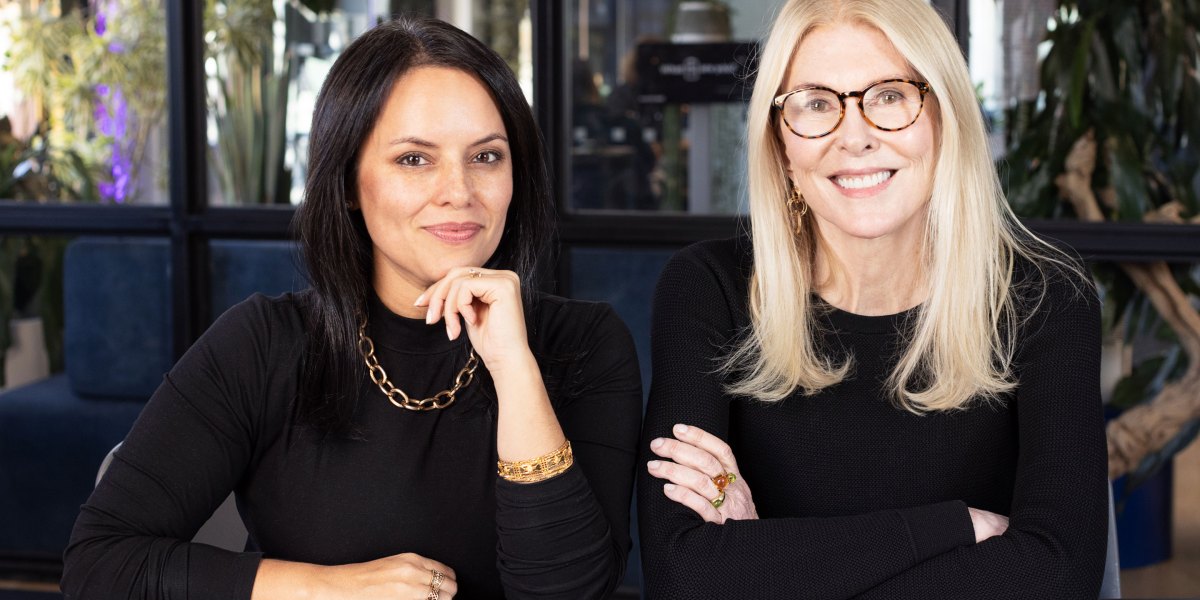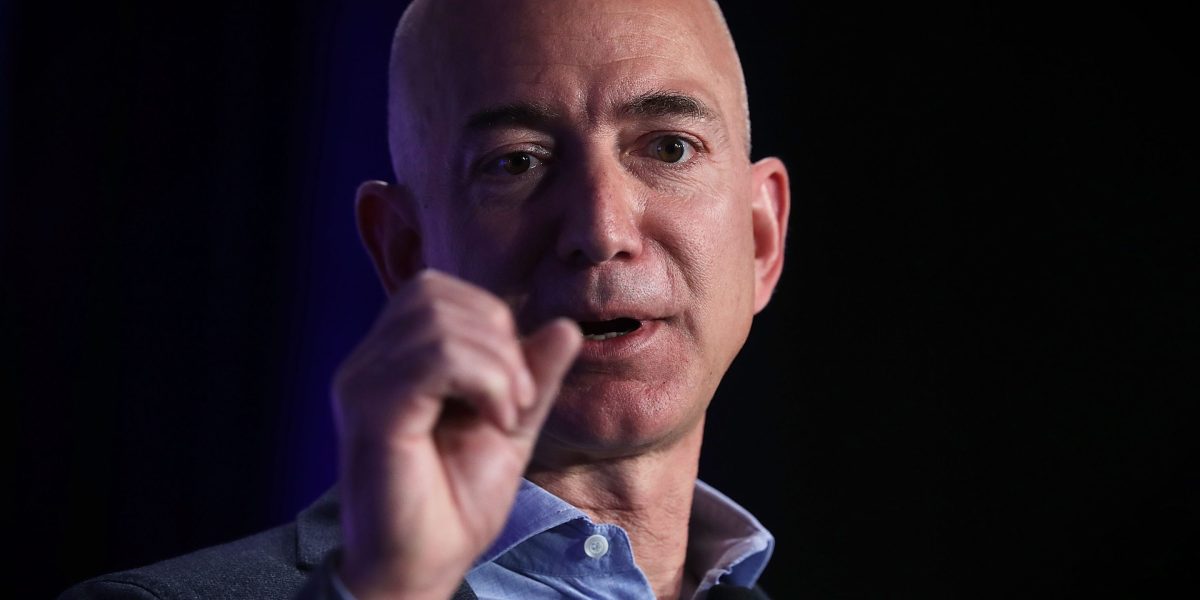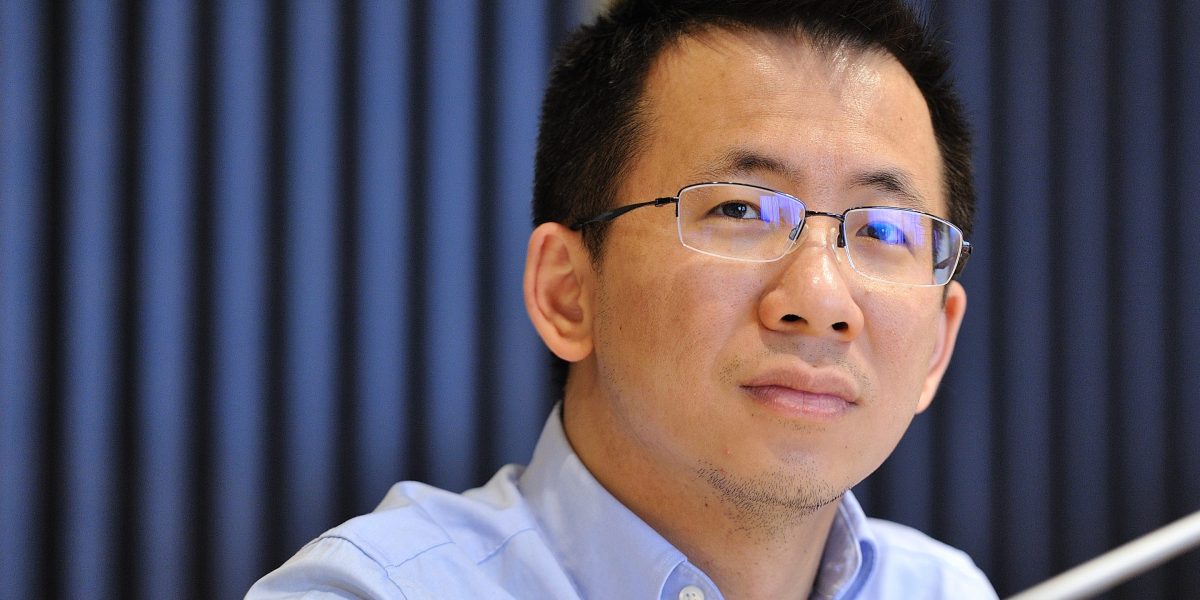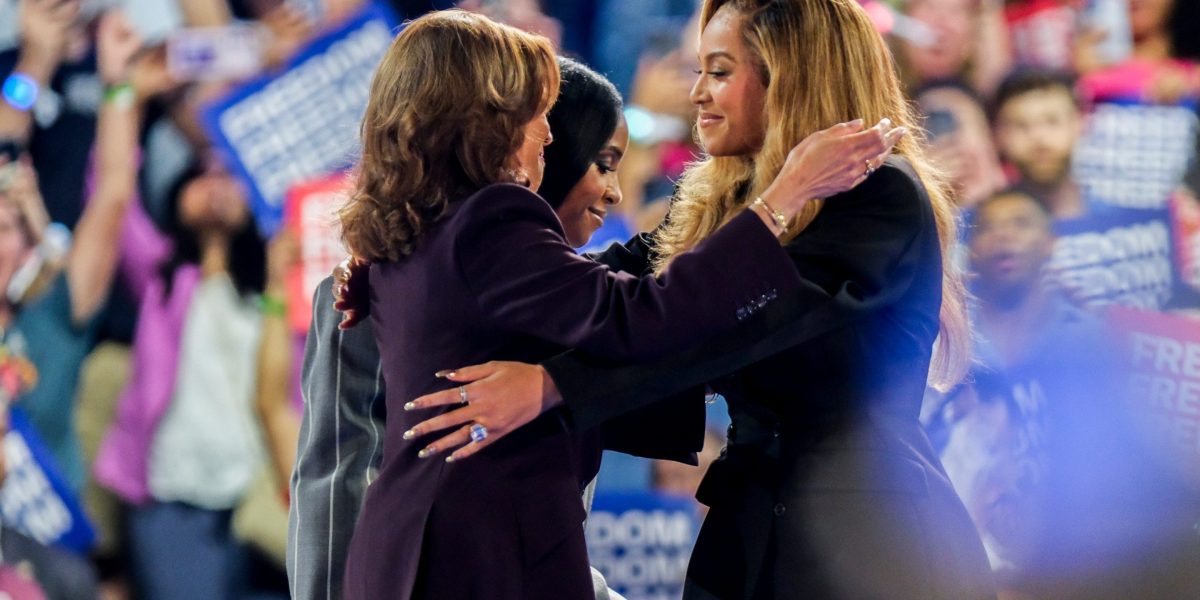
BBG Ventures was founded in 2014—an era when investors were first starting to pay attention to the untapped potential of female founders and their businesses. The fund, whose partners spun out of AOL, committed to backing women-led businesses like April Koh’s unicorn Spring Health and acne patch brand Starface, a bet that investing in these founders would lead to rich outcomes serving overlooked markets.
A decade later, the world has changed and BBG Ventures is adjusting its strategy. The firm, founded by Nisha Dua and Susan Lyne, raised a second, $60 million fund, Fortune is the first to report. With this fund, it’s expanding its mandate from investing in businesses founded by women to investing in startups launched by founders who are female or diverse in some other way across race, age, and income.
Across BBG Ventures’ portfolio, all of its Fund I companies had at least one female founder; about 70% had a founder of color—an outlier in a venture capital industry in which awarded 3% of funding in 2023 to women-only teams. BBG Ventures now has $130 million in assets under management with more than 100 investments. Its second fund is anchored by State of Michigan Retirement Services, Illumen Capital, and the George Kaiser Family Foundation, alongside new LPs Fairview, Pivotal Ventures, California Endowment, and Mizuho. Its second fund has made seven investments so far, including in a recruiting platform for hourly workers and an infant formula brand, with 14.7% of its $60 million deployed.
Yet in the decade since BBG Ventures launched, the “female founder” has sometimes had a rough go of it. There was the rise of the “girlboss,” which was followed by a fast fall, and a once-aspirational term turned into a jab. While women founders haven’t stopped building companies, some have complained of what they see as a target on their backs by the press. “The cultural conversation had nothing to do with this decision,” says Dua. “If anything we believe the opportunity for founders who look different is bigger than ever. It’s more of a reflection of the world evolving. … Gender is not the only difference. Race is not the only difference.”
The firm conducted research on what it calls the “polycultural future of America” that examines “extraordinary demographic and social shifts across race, age and income that are creating a new status quo.” Several trends, including a widening wealth gap, an aging population, and the emergence of Gen Z as the first “majority-minority” generation influenced the firm’s strategic shift. So did the idea that consumers experience their identities in an intersecting way—a combination of gender, race, age, political identity, income, and more factors. Across demographics, priorities like building wealth and securing high-quality health care are consistent, their research found; but identity comes into play when Black Americans, for example, seek “culturally competent health care,” Dua says. “That’s why we think founders who look different, who can put themselves in the shoes of their target audience, really could have this competitive advantage in today’s market,” Dua says.
BBG Ventures sees its pivot not as a move away from female founders, but as a sign of where the U.S. is headed. “This is really about a very strong market opportunity and looking for founders who we think are uniquely positioned to solve that,” Dua says. “We are still going to be investing in women in a big way,” Lyne adds.
Join business’s brightest minds and boldest leaders at the Fortune Global Forum, convening November 11 and 12 in New York City. Thought-provoking sessions and off-the-record discussions feature Fortune 500 CEOs, former Cabinet members and global Ambassadors, and 7x world champion Tom Brady–among many others.
See the full agenda here, or request your invitation.




